In a significant diplomatic development, Bangladesh has formally requested the repatriation of its former Prime Minister Sheikh Hasina, who has been residing in India following a mass uprising earlier this year. The request, made through a diplomatic note verbale, underscores the interim government’s commitment to ensuring accountability and adherence to judicial processes in the country.
Background: Political Turmoil and Exile
Sheikh Hasina, a central figure in Bangladeshi politics and the leader of the Awami League, fled to India in August amidst political upheaval and mounting public dissent. The unrest, which included widespread protests and allegations of government mismanagement, ultimately led to her departure from Bangladesh. Since then, she has been staying in India, where her presence has been a point of contention between the two neighboring nations.
The interim government of Bangladesh, led by technocrats and overseen by the military, has taken a strong stance on holding leaders accountable for past actions. The administration’s focus on justice and transparency has brought renewed attention to Sheikh Hasina’s alleged role in events that transpired during her 15-year tenure as Prime Minister.
The Diplomatic Request
Bangladesh’s Foreign Affairs Adviser, Touhid Hossain, confirmed that a note verbale had been sent to India, articulating the government’s position. “We have clearly informed India of our stance. We want Sheikh Hasina to return to Bangladesh to face judicial proceedings,” Hossain stated in a press briefing. The request is being viewed as a test of bilateral relations between Dhaka and New Delhi, which have traditionally been marked by close cooperation but are now navigating a delicate diplomatic juncture.
The note verbale represents a formal yet non-confrontational approach to diplomacy, reflecting the interim government’s desire to maintain amicable relations with India while addressing domestic concerns. It also signals Bangladesh’s intention to resolve the matter through dialogue rather than escalating tensions.
Legal and Political Implications
Sheikh Hasina faces several serious charges, including allegations of murder and genocide. These accusations are tied to her government’s handling of opposition protests and human rights issues, which critics claim amounted to state-sanctioned violence. The International Crimes Tribunal in Bangladesh has already sought Interpol’s assistance by requesting a Red Notice for her arrest, further amplifying the legal stakes involved.
The case against Sheikh Hasina has polarized public opinion in Bangladesh. Her supporters argue that the charges are politically motivated and part of a broader strategy to dismantle the Awami League’s influence. Meanwhile, her detractors see her potential return as an opportunity to hold powerful figures accountable and pave the way for political reform.
India’s Position and Regional Dynamics
As of now, the Indian government has not issued an official response to Bangladesh’s request. Analysts believe that India’s decision will be influenced by several factors, including its historical ties with Sheikh Hasina, the strategic importance of its relationship with Bangladesh, and domestic political considerations.
India has long been a key ally of Sheikh Hasina, particularly during her time in office. Her government was instrumental in strengthening economic and security cooperation between the two countries. However, the current situation presents a diplomatic conundrum for New Delhi, which must balance its support for democratic principles with its longstanding alliance.
Regional experts also highlight the potential implications of this case for South Asia’s political landscape. The outcome could set a precedent for how regional powers handle similar requests in the future, particularly in cases involving high-profile political figures.
Public Reaction and Future Prospects
The news of the diplomatic note has sparked intense debate in Bangladesh. Civil society groups and legal experts have welcomed the move as a step towards accountability, while some political analysts caution against over-politicizing the issue. International human rights organizations are also closely monitoring the developments, given the broader implications for justice and governance in the region.
The interim government has emphasized that its actions are driven by a commitment to the rule of law rather than political vendettas. “This is not about targeting an individual; it’s about upholding justice and ensuring that no one is above the law,” an official spokesperson stated.
Conclusion
The diplomatic note from Bangladesh to India marks a pivotal moment in the ongoing saga of Sheikh Hasina’s political journey. As both nations navigate this complex issue, the world will be watching to see how they balance the competing demands of justice, diplomacy, and political stability. Whether Sheikh Hasina’s repatriation becomes a reality or remains an unresolved chapter, it is clear that the outcome will have far-reaching consequences for Bangladesh’s future and its relationship with its closest neighbor.
Also Read-1. Ex-IAS Trainee Puja Khedkar Denied Pre-Arrest Bail: 5 Key Points to Know
2. Mohammad al-Bashir: Syria’s Caretaker Prime Minister Amid a Nation’s Crossroads
Reference- To know more Click Here.

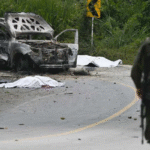

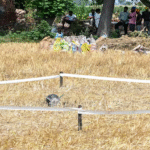
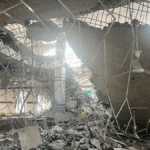






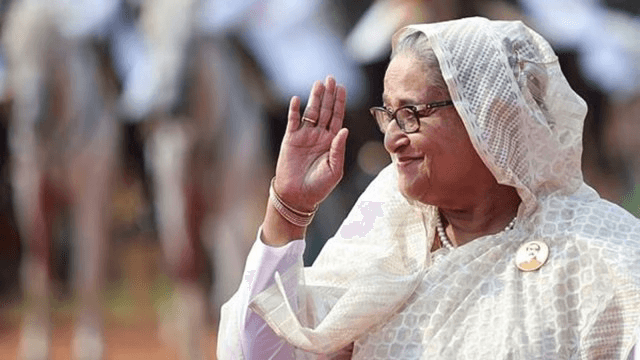



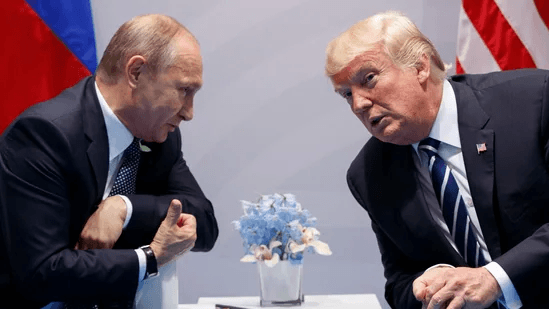

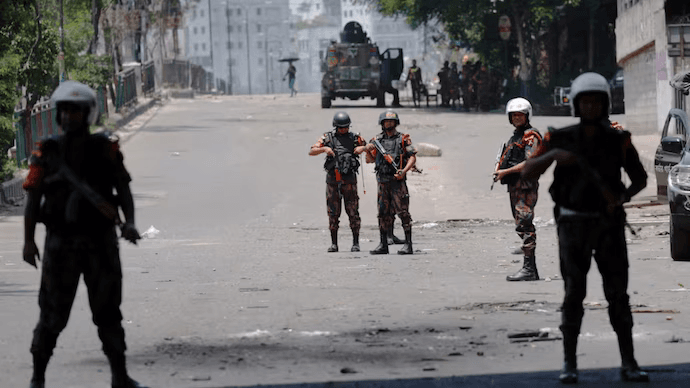


One thought on “Bangladesh Sends Diplomatic Note to India Seeking Sheikh Hasina’s Return: 3 Key Implications”